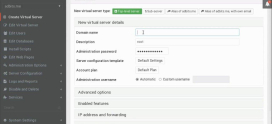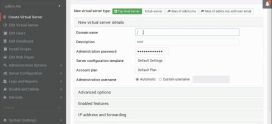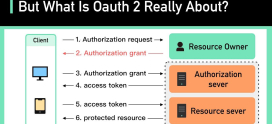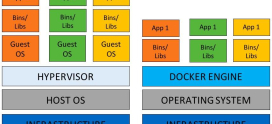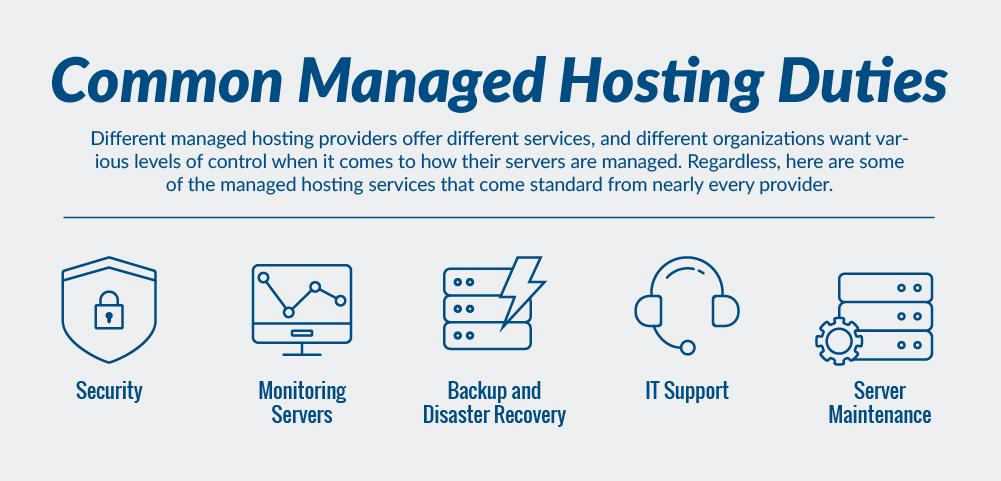
Managed Hosting: A Comprehensive Overview
Are you feeling overwhelmed by the prospect of managing your own web hosting? Do the terms “dedicated servers,” “cloud hosting,” and “VPS” make your head spin? You’re not alone. Many individuals and businesses face similar dilemmas, grappling with choosing the right hosting option while trying to ensure their website remains secure, fast, and functional. It’s perfectly normal to feel unsure, especially with so many choices available today.
We get it—web hosting can seem complicated and daunting. The good news? There’s a solution that can ease your worries: managed hosting. This service can help you focus on what really matters—growing your business or sharing your passion—without getting bogged down in technical details. In this article, we will take a comprehensive look at managed hosting, explaining what it is, its benefits, potential downsides, and guiding you through all you need to know to make an informed decision. So, let’s dive in and discover how managed hosting can illuminate your path to a stress-free online presence!
What is Managed Hosting?
Simply put, managed hosting is a service in which your hosting provider takes care of all the technical aspects of hosting a website. Imagine having a personal assistant dedicated to handling all the nitty-gritty details of your web presence. From server management to security updates, your provider handles it all while you focus on creating and managing your content.
In traditional hosting setups, you’d be responsible for everything—installing software, managing backups, maintaining server security, and troubleshooting issues. However, with managed hosting, you get a team of experts working for you. It’s like having a safety net while you juggle your routine. Plus, as technology advances, you can rest easy knowing that your hosting is continually optimized and updated.
Key Features of Managed Hosting
1. Security
One of the biggest advantages of managed hosting is enhanced security. Cyber threats are on the rise, and without proper security measures, your website could be vulnerable. Managed hosting providers typically offer advanced security features such as firewalls, regular backups, and DDoS protection to keep your data safe and secure.
2. Customer Support
Imagine being stuck with an issue at midnight, and your provider is ready to assist you at a moment’s notice. That’s the power of professional customer support. Most managed hosting services offer 24/7 expert support, ensuring you can get help whenever you need it.
3. Performance Optimization
Performance is crucial. Websites that load slowly can turn away visitors, impacting your credibility and sales. Managed hosting providers often optimize servers for fast load times and reliability, allowing your website to reach its full potential.
4. Regular Backups
Think of backups as a security blanket. Accidental deletions or cyberattacks can wreak havoc, but with regular backups, you can restore your site quickly and efficiently if something goes wrong.
5. Scalability
Your business may grow, and your hosting needs may change. Managed hosting services usually provide the flexibility to scale your resources according to your needs, ensuring you don’t have to worry about outgrowing your hosting plan.
Understanding the Costs
It’s natural to wonder, “How much will this cost me?” The price for managed hosting varies based on the provider and the resources you require. On average, managed hosting plans can range from about $30 to $300 per month, depending on factors like storage, bandwidth, and particular services included.
While it may be more expensive than other types of hosting, consider it an investment in peace of mind. You’re paying for expertise, security, and time—three critical factors that can help your website succeed.
Comparison: Managed Hosting vs. Other Hosting Types
| Feature | Managed Hosting | Shared Hosting | Dedicated Hosting |
|---|---|---|---|
| Cost | Higher | Lower | Highest |
| Support | 24/7 expert support | Limited support | 24/7 expert support |
| Security | Advanced security measures | Basic security | Advanced security measures |
| Performance | Optimized | Varies | Highly optimized |
| Ease of Use | Very easy | Easy | Moderate |
Case Study: How Managed Hosting Transformed a Small Business
Let’s look at a real-world example. Meet Jane, the owner of an online boutique called “Chic Threads.” For years, she managed her own shared hosting account, which worked fine until her website started to gain traction. Increasing traffic led to slow load times and frequent downtime, frustrating customers and hurting sales.
Realizing she needed help, Jane switched to a managed hosting service. Almost immediately, she noticed improvements. The site was faster, and she no longer spent hours troubleshooting issues. Plus, the responsive support team was always ready to assist her, allowing her to focus more on product development and customer service. As a result, Jane’s boutique thrived, doubling its sales within a year!
Potential Downsides of Managed Hosting
While managed hosting is advantageous, it’s also important to consider potential drawbacks. Some users might feel restricted by the lack of customization in managed plans. Since the provider controls much of the server setup and management, you might have limited access to certain features. Additionally, costs can add up, especially if you don’t fully utilize the provided services.
Is Managed Hosting Right for You?
Now that you have the full picture, how do you decide if managed hosting is the right solution for you? Ask yourself these questions:
- Do I have the technical skills to manage my hosting?
- Is my website growing, and do I need more robust support?
- Am I comfortable with the potential costs involved?
If your responses lean towards the need for expert assistance, enhanced security, and minimal management hassles, then managed hosting might be your best option.
Conclusion
In today’s digital landscape, having a reliable and efficient web hosting solution is crucial. Managed hosting offers an ideal balance of convenience, security, and performance, enabling you to prioritize your business while experts handle your technical needs. If you’re feeling ready, reach out to a provider like DarazHost to explore the managed hosting plans that suit your unique needs. With managed hosting, peace of mind and the opportunity for growth are just a decision away.
FAQs
What are the main benefits of managed hosting?
The main benefits include expert support, increased security, performance optimization, ease of use, and regular backups. These features allow you to focus on growing your business while experts manage the technical aspects.
Is managed hosting more expensive than shared hosting?
Yes, managed hosting is typically more expensive than shared hosting. However, you are paying for the added benefits of security, support, and performance, making it an investment in your website’s success.
Can I switch to managed hosting from my current host?
Absolutely! Many managed hosting providers assist with migrations to ensure a smooth transition from your current host.
Are there any drawbacks to managed hosting?
While managed hosting offers numerous benefits, some potential downsides include limited customization and higher costs compared to other hosting types. It’s essential to weigh these factors before making your decision.
How do I choose a managed hosting provider?
When choosing a managed hosting provider, consider factors such as support availability, security features, performance optimization, scalability options, and customer reviews. It’s important to select a provider that aligns with your specific needs and offers reliable service.


